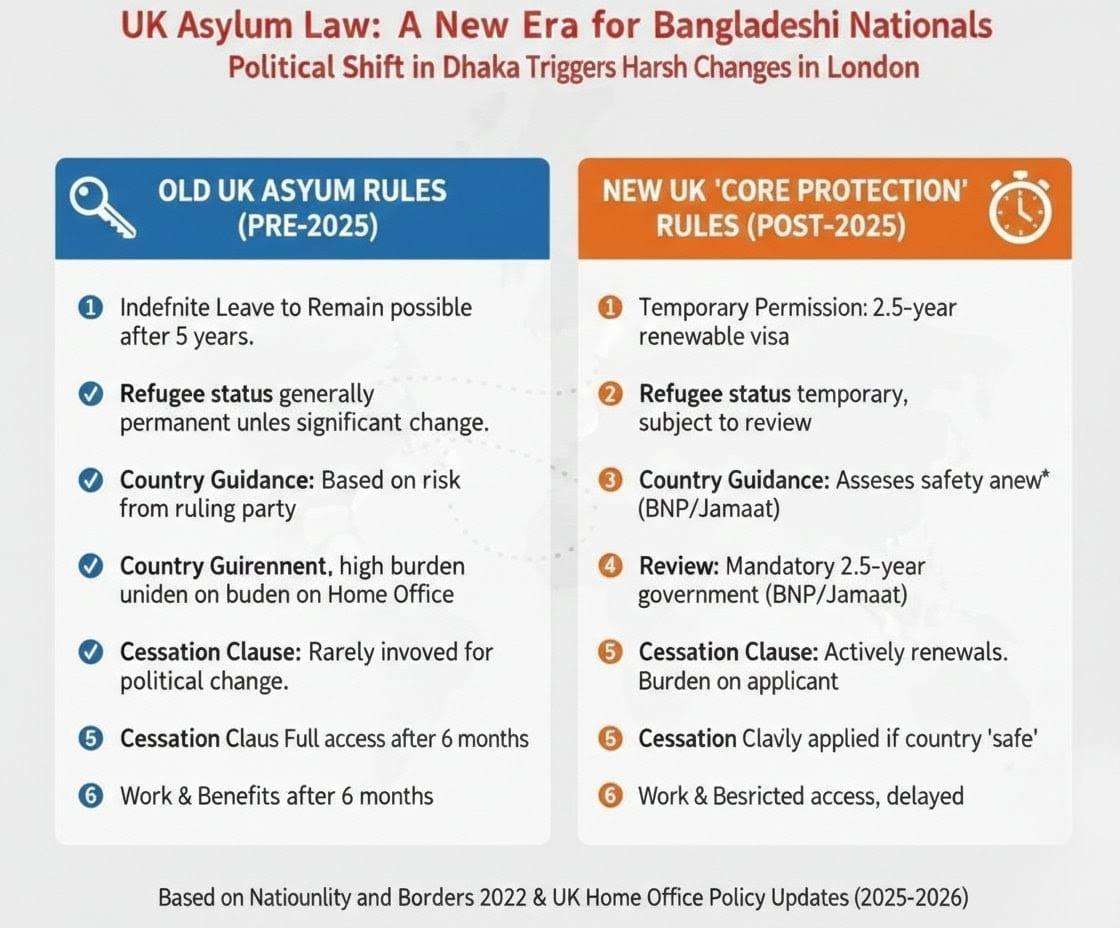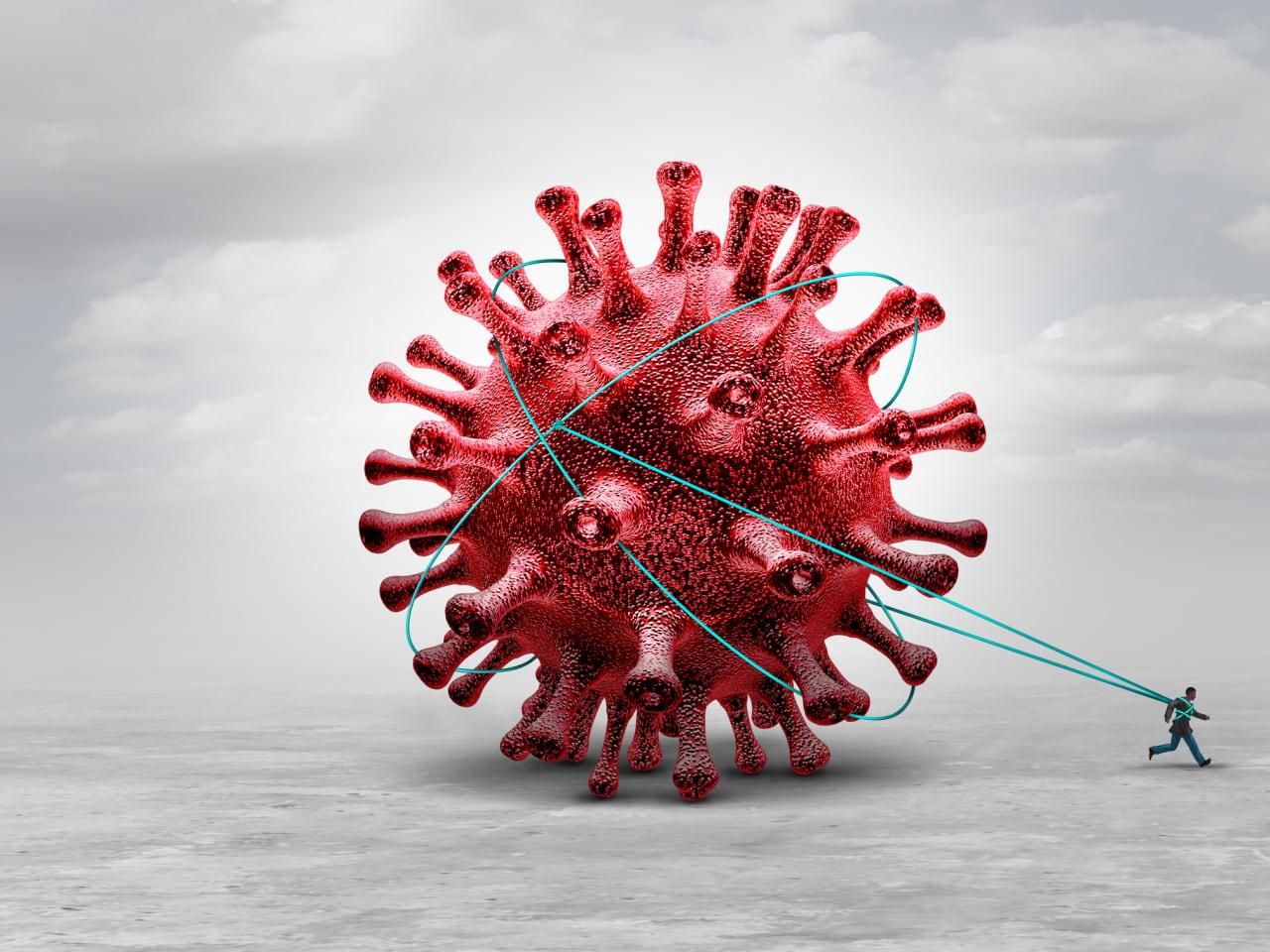The headlines from the Paris "post-Covid Olympics" included phrases like "Everyone's dropping like flies," "Covid causing havoc," and "Olympic dreams shattered." However, there is nothing to combat COVID-19. The World Health Organisation (WHO) issued a warning at the outset about a global SARS-Cov-2 surge, citing at least 40 outbreaks in the Olympic village and a 20 percent positivity rate in Europe that was neither seasonal nor usual.
Covid is still a serious concern to a lot of elderly and immunocompromised persons, and some people may be attempting to shield a friend or relative who is in danger. Since vaccinations are beneficial but not always sufficient, is it really harmful to take extra precautions?
It's important to note that there are still a number of significant, open-ended questions regarding COVID-19. First of all, the origin of this specific coronavirus is still a mystery to us. The majority of scientists think that at a Wuhan, China market, it must have leapt from an animal host to people. However, others insist that it might have come from a laboratory.
What is known is that in 2020, COVID-19 spread globally. Chinese authorities discovered on January 9 of that year that a novel coronavirus was the source of an unexplained cluster of symptoms that resembled pneumonia. Days later, word of the first death was received. Nearly 7 million more deaths have been confirmed since then. It is believed that the actual number is higher. The usage of face masks and lockdowns assisted in restricting the disease's spread. However, the virus continued to spread despite "zero-covid" measures meant to prevent it from entering entire nations. Over 767 million cases have been confirmed thus far. Eventually, at least in part, vaccines assisted us in controlling the virus.








.svg)

